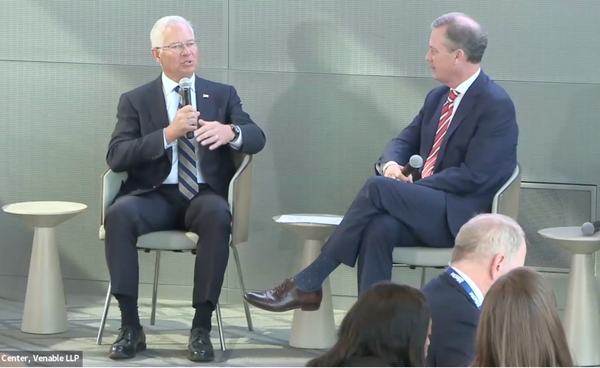Pioneers To Gather To Chart The Future of Music
SAN FRANCISCO, September 13, 2010 – Back in 2000, Public Enemy’s Chuck D proclaimed on Charlie Rose that file-sharing heralded a new era in the music business. “The power is going back to the people,” he said. Chuck D was debating Metallica’s drummer Lars Ullrich, whose band had filed a lawsuit agai
SAN FRANCISCO, September 13, 2010 – Back in 2000, Public Enemy’s Chuck D proclaimed on Charlie Rose that file-sharing heralded a new era in the music business. “The power is going back to the people,” he said.
Chuck D was debating Metallica’s drummer Lars Ullrich, whose band had filed a lawsuit against Napster. Ullrich told Rose that his main concern was one of control. Fans can’t just loot music online, he argued, and besides, file-sharing is wrong because it enriches everyone involved except for the artists themselves.
Metallica ultimately settled. But a decade later, Chuck D and Public Enemy are still struggling to build a viable business model out of the “power to the people” motto.
Public Enemy is trying to raise money to record its next album through SellaBand, a site that attempts to fund artists by aggregating fans’ donations online. In exchange for their funding, artsists can choose to share revenues with them, provide them with “free” downloads or merchandise.
The group had had a goal of raising a quarter of a million dollars in three months. But almost a year later, it has had to slash that goal by 70 percent. That was five months ago.
Public Enemy’s experiment is just one of many that will be discussed and dissected early this October at the 10th annual Future of Music Policy Summit taking place in Washington, DC.
Chuck D will be one of the many luminaries who will participate.
Among the many others scheduled to speak include Patrick Sullivan, CEO of Rightsflow, Brendan Benzing, Rhapsody’s Chief Product Officer, music manager Peter Jenner, and Vicki Nauman, a vice president at Seven Digital. They will be speaking about “copyright in the cloud,” which addresses the issues that arise once consumers’ digital lives are stored on servers the internet, rather than residing solely on their mobile devices or desktop computers.










Member discussion